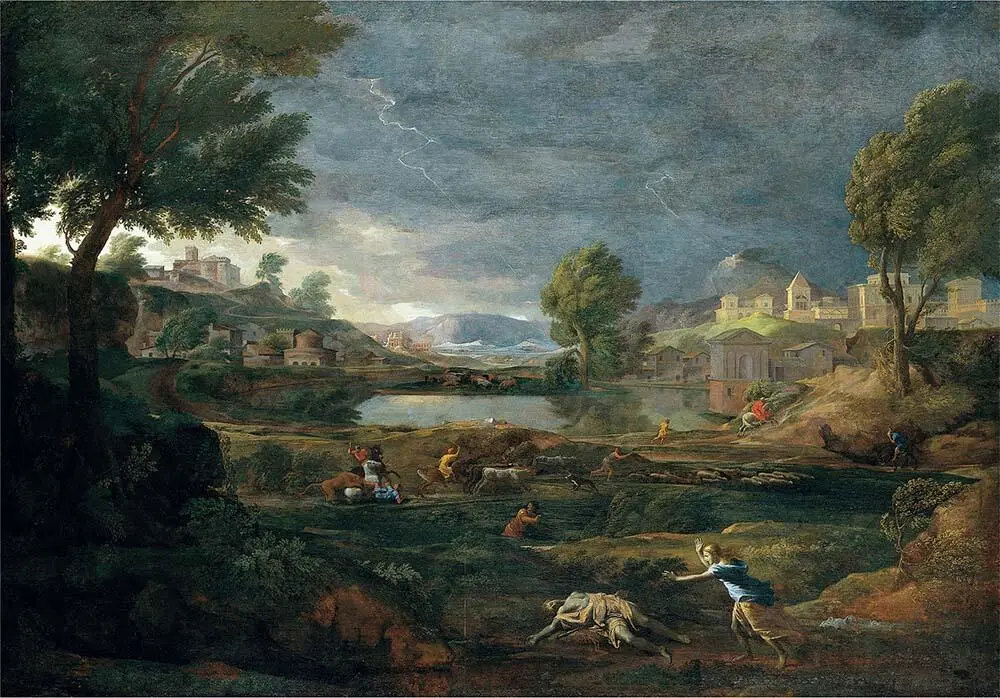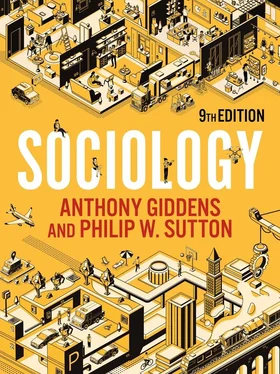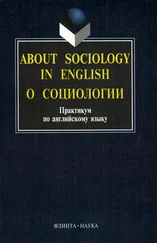
From the seventeenth century, high-status groups in Britain began to take pleasure in landscape scenes, which became the focus of the early ‘tourist gaze’ (Urry 2002).
Yet, for a minority of people, nature was not in any need of taming. Instead, industrial society was the problem, polluting and wasting nature to feed new urban lifestyles. Wild nature needed protection, not domestication. Nevertheless, for both the tamers and the protectors, society and nature were now seen as separate things . Nature was that which society was not, and vice versa. This meaning remains the dominant one today, though more people would probably agree with the nature protectors than did so in earlier periods.
Since the 1950s, use of the word ‘nature’ started to give way to another term: the environment. Dictionary definitions of ‘environment’ suggest that it is the external conditions or surroundings of people, especially those in which they live or work. David Harvey (1993) notes that this definition can apply to a number of situations. For example, we have a working environment, a business environment and an urban environment. But most people would probably expect this chapter to discuss pollution, climate change, and so on, indicating that the environment has taken on a widespread and special meaning. The environment is assumed to mean all of those non-human, natural surroundings within which human beings exist – sometimes called the ‘natural environment’ – and in its broadest sense this is planet Earth as a whole. We will use this as our working definition throughout this chapter.
Are human beings animals that form part of the natural world? If they are, why are cities and urban areas often seen as artificial? If not, what exactly are human beings?
Sociology and the environment
Earthquakes are by no means uncommon. Christchurch, New Zealand (2011), Haiti (2010), Muzzafarabad, Kashmir (2005), and Aceh, Indonesia (2004), all experienced twenty-first-century quakes which collectively killed over half a million people and made millions more homeless. Earthquakes and the tsunamis they often generate are reminders that the natural environment is not simply an inert, passive backdrop to the dramas played out in social and political life. It is an active force which plays a significant role in shaping societies.
On 11 March 2011, the most powerful earthquake ever to affect Japan, with a magnitude of 9.0, occurred off the eastern coast, producing tsunami waves up to 40 metres high which rolled into the Tōhoku region. Travelling up to 10 kilometres, the tsunami swept all before it; buildings, vehicles, power lines and people were all caught up in the disaster. At least 15,000 people were killed, more than 9,000 went missing and another 5,000 were injured. Cooling systems failed at the coastal Fukushima nuclear reactor site, and a state of emergency was declared as food products, tap water and soil samples were all reported to be contaminated with radioactive matter. The Japanese government announced that it would be reviewing its energy policy, particularly Japan’s reliance on nuclear power, to ensure the country’s future energy security. What role is there for sociologists in understanding and explaining an environmental issue such as this?
First, sociology can help us to understand how environmental problems are distributed. For instance, global warming – the increase in global average surface temperature – affects everyone on the planet, but in different ways. Flooding affects people in both rich and poor countries, but it kills many more people in low-lying, poor countries, such as Bangladesh, where housing and emergency infrastructure are less able to cope with severe weather than in Europe, where expensive flood defence projects have been put in place. In the wealthy countries, such as the USA, issues raised by global warming are likely to concern indirect effects, such as rising levels of immigration as people try to enter the country from areas more directly affected by, for example, food insecurity.
Second, sociologists can provide accounts of how patterns of human behaviour create pressure on the natural environment (Cylke 1993). Many of the environmental challenges discussed in this chapter – such as pollution from diesel vehicles – are examples of these pressures. The levels of pollution already produced by industrialized countries would be greatly intensified if repeated across developing nations. If the impoverished regions of the world are to ‘catch up’ with the richer ones, then citizens of the rich world may have to revise their expectations about continuous economic growth. Sociological theories of capitalist expansion, globalization or rationalization can help us to understand how human societies are transforming their environment.
Third, sociology can help us to evaluate policies and proposals aimed at providing solutions to environmental problems. Before the Tōhoku earthquake and tsunami in Japan, many governments had begun re-evaluating the option of nuclear power. Anti-nuclear campaigns in the 1980s were successful in raising concerns about the safety of underground disposal for radioactive nuclear waste, and governments eventually turned away from the nuclear industry. Yet today’s uncertainties about oil and gas supplies, energy security and the need to reduce carbon emissions to tackle global warming have brought the nuclear power option back into contention. Given the negligible carbon emissions produced by nuclear reactors, concern with safety now has to be weighed against the environmental benefits. Analysing how different groups put together their claims and counter-claims about environmental problems deepens our understanding of the issues involved – an essential prerequisite for informed public debate.
Similarly, some environmental activists and ‘green’ writers argue that people in the rich countries must turn away from capitalist consumerism and return to simpler ways of living close to the land to avoid ecological disaster (Devall 1990; Cowie and Heathcott 2003; Elgin 2010). They maintain that rescuing the global environment will mean radical social as well as technological changes. Yet, given the wide global inequalities that currently exist, there is little chance that poorer countries will sacrifice their economic growth because of environmental problems created by the rich countries. Indeed, some governments in developing countries have argued that there is no parallel between the ‘luxury emissions’ of the developed world and their own ‘survival emissions’. Sociological accounts of international relations and global inequality can clarify some of the underlying causes of the environmental problems we face today.
Sociology’s founders – Marx, Durkheim and Weber – paid little attention to what we now call ‘environmental issues’. The relationship between human societies and the natural environment was not their central concern. Instead, they focused on social inequality, poverty and its alleviation, and assessing the direction of industrial development. This situation became problematic once sociologists began to explore the issues identified by environmental campaigners in the 1970s. Could the classics provide any insights into human–environment relations? Some sociologists have returned to classical sociology, reinterpreting the classics in the light of environmental issues (Dickens 2004; Dunlap et al. 2002; Murphy 1997). However, most have not, and the majority of sociological studies of the environment have developed through a long-running dispute between social constructionist and critical realist approaches over just how environmental issues should be studied.
Читать дальше













